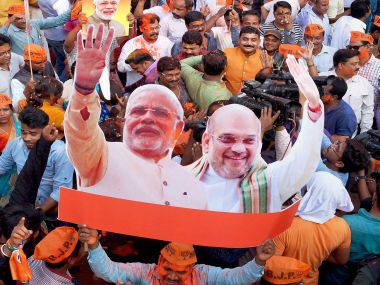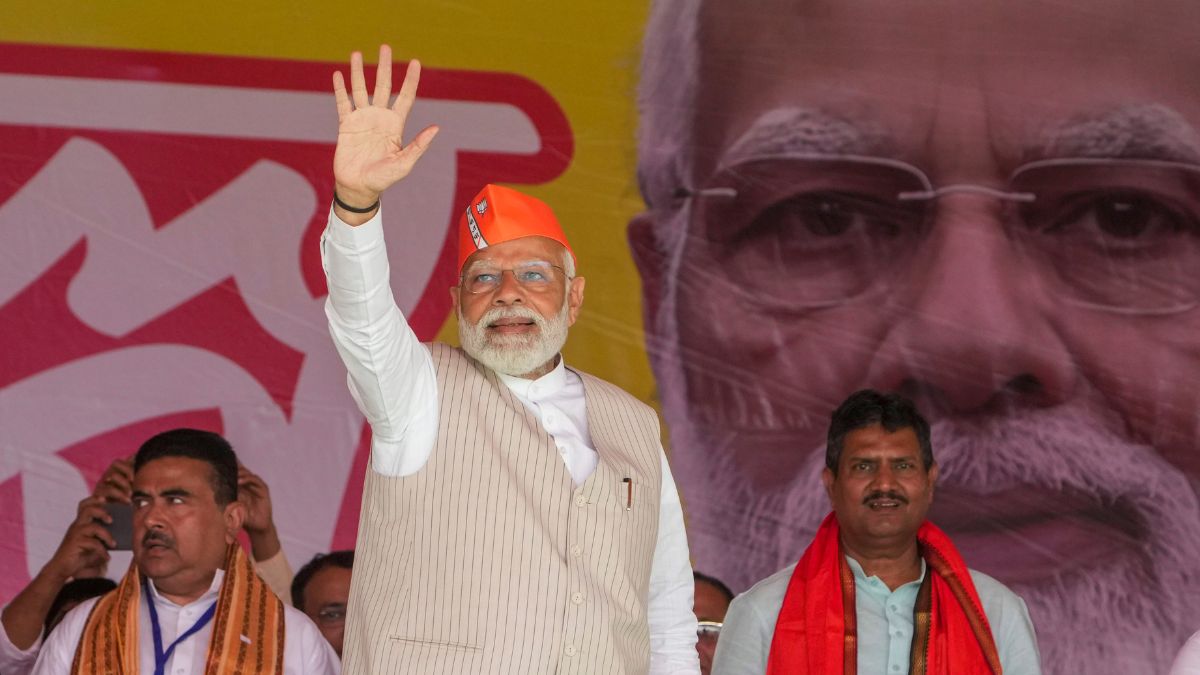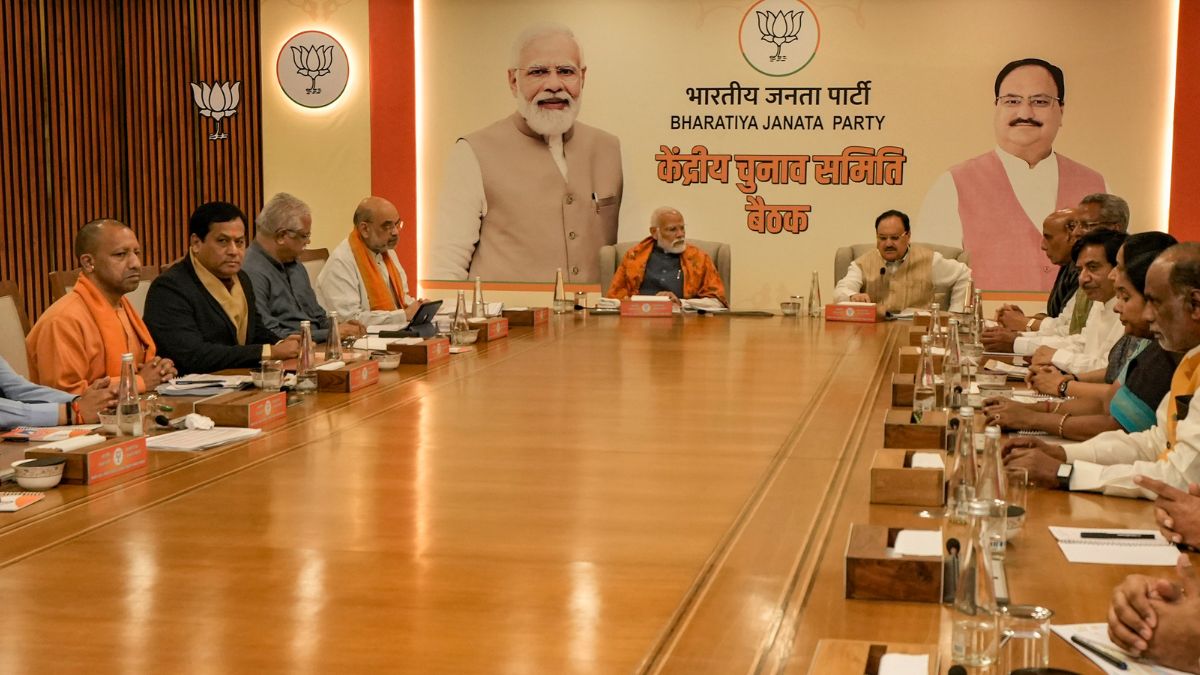Having won a landslide majority in the new assemblies of Uttar Pradesh and Uttarakhand, the BJP has established itself even more firmly as the pivotal party of the current Indian politics. The Modi wave of 2014 seems to have held more than halfway through the Lok Sabha term.
These victories make a two-thirds majority for the BJP in the 2019 election a distinct possibility. They also make it likely that Prime Minister Narendra Modi will be able to install a president of his choice when Pranab Mukherjee retires in July this year. It is already easy enough for him to install a vice-president of his choice.
The electoral college for the vice-president is all the members of both Houses of Parliament. The BJP has a majority in the Lok Sabha, is likely to win over the support of the large AIADMK members in both Houses, and will be able to manage several other small parties and individual members.
The electoral college for the president had seemed like a much bigger challenge until now. For, the members of the two Houses of Parliament together have half the value of the votes. The various members of all state assemblies together comprise the other half of that electoral college.
Defeated challenger
An even bigger advantage for the ruling party that Saturday’s election results threw up is the defeat of the Aam Aadmi Party (AAP) in both Punjab and Goa. Several observers had thought that, if AAP could win both those states, it could gradually emerge as a potent challenger on the national stage.
Its clean image could prove far more challenging than the Congress, which voters often see as jaded and extremely corrupt. That seems less likely after these defeats. The AAP had worked very hard to win both the states. In Goa, it could not win a single seat, not even in Cuncolim, where it had declared that its candidate was the prospective chief minister.
Pivotal position
The victory in UP has unparalleled political impact. For, such a massive win in the state places the BJP firmly in a pivotal position in Indian politics.
The election results from UP confirmed that the Congress, which once held that position, has now decidedly lost that position to the BJP. The Congress has remained more or less marginal in UP and Bihar since 1989.
For a quarter-century after losing its dominant position in the heartland states of UP and Bihar, the Congress had insisted that it would not ally with regional parties, and would return to power on its own steam. For these elections, it finally decided to ally with the Samajwadi Party — even as a junior partner. It has not only lost despite that compromise, it has fared very poorly with perhaps an unlucky 13 seats in the new house.
Boost for Modi
The results have been a personal boost for Modi more than for the ruling party. For, subliminally at least, the demonetisation step was on test. Since even his most important ministers did not know about it until a few hours before Modi personally announced demonetisation in a national address, it was undeniably associated with him.
That it did not become a negative issue in these elections has lifted the cloud that seemed to hang over the prime minister’s reputation. It has freed Modi’s hand considerably, both within his party and on the national political stage.
Follow the Uttar Pradesh Assembly Election Live

)




)
)
)
)
)
)
)
)